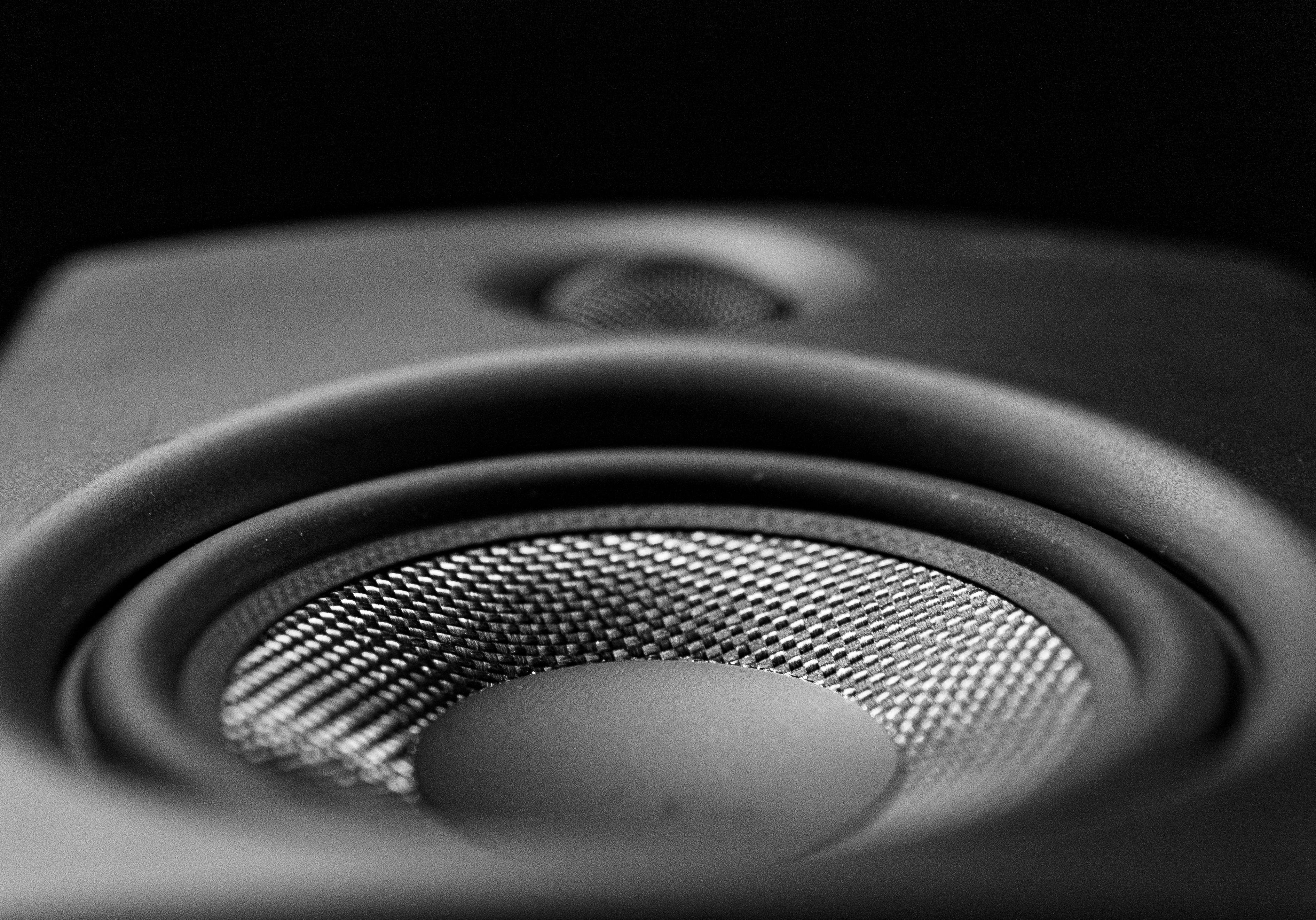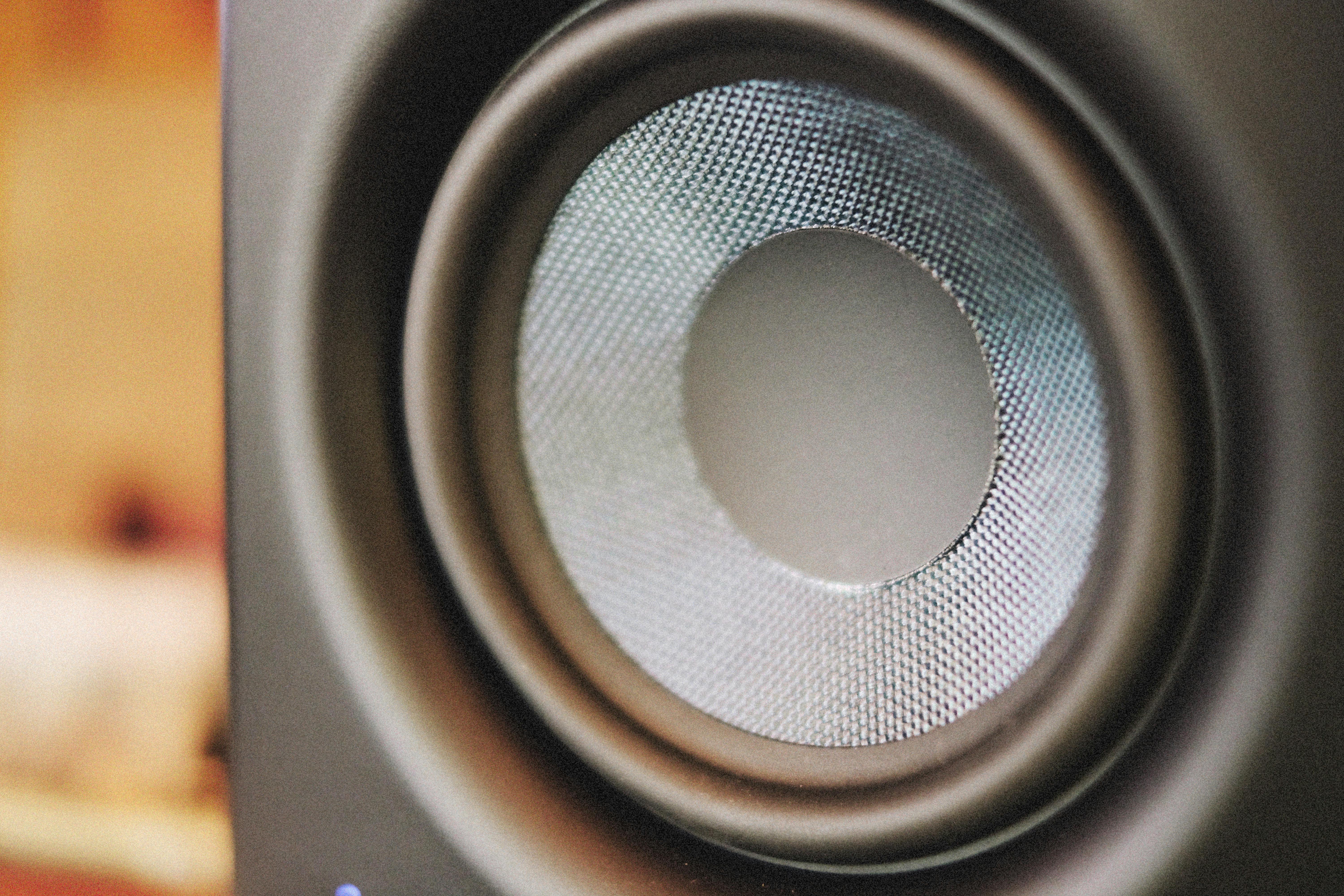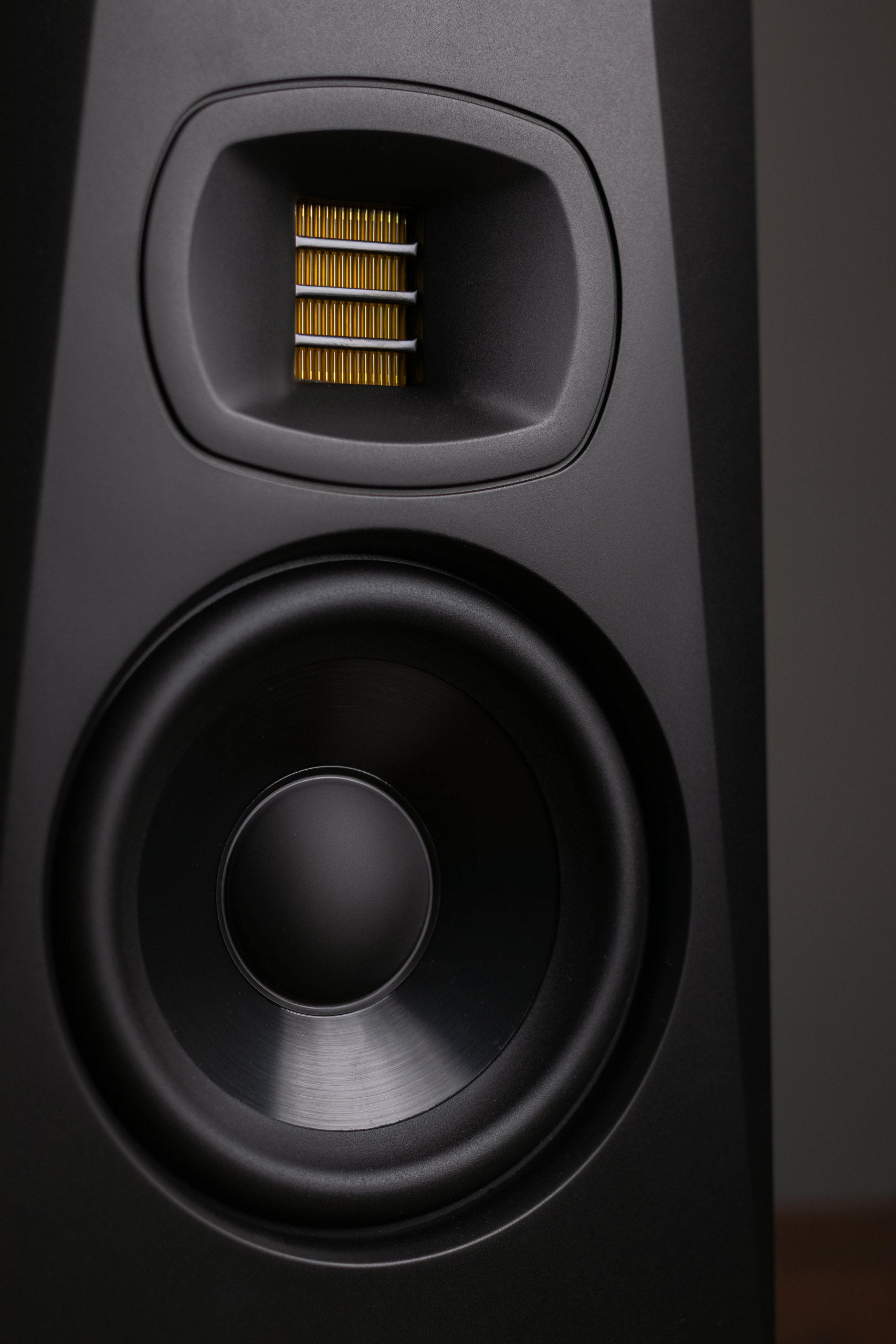Are you ready to enhance your audio experience on Windows 11? If so, updating your sound card driver might just be the game-changer you need! In today’s tech-savvy world, ensuring that your Windows 11 sound card driver is up-to-date is crucial for optimal performance. It not only improves sound quality but also fixes various bugs that may hinder your listening pleasure. Why settle for mediocre sound when you can enjoy crystal-clear audio?
In this article, we will explore the importance of keeping your sound card driver updated and how it contributes to a superior audio experience. Did you know that outdated drivers can lead to sound distortion or even complete audio failure? By regularly updating your drivers, you can unlock the full potential of your audio hardware. We’ll guide you through the simple steps to check for updates and install the latest drivers without breaking a sweat.
Moreover, we’ll dive into some common issues users face with their Windows 11 sound settings and how the right driver can solve these problems. Are you experiencing lag or interruptions during your favorite songs or gaming sessions? Don’t worry; you’re not alone! With the right knowledge, you can easily troubleshoot these issues and enjoy uninterrupted sound. So, stay tuned as we unveil the secrets to optimizing your audio experience with a Windows 11 sound card driver update!
Unlock Crystal-Clear Audio: How to Update Your Sound Card Driver on Windows 11 in 5 Simple Steps

Are you tired of your audio sounding like it’s coming from a tin can? Well, updating your sound card driver on Windows 11 could be the solution to your problems. A sound card driver is the software that helps your operating system communicate with the sound hardware, and if it’s outdated, it can lead to a poor audio experience. Fortunately, the process of updating your driver is fairly straightforward and can be done in just five simple steps. Let’s unlock crystal-clear audio together!
Why Update Your Sound Card Driver?
Outdated sound card drivers can cause a variety of issues. You might experience distorted sound, problems with audio playback, or even complete audio failure. Updating your sound card driver can provide numerous benefits:
- Enhanced audio quality
- Improved compatibility with new applications
- Fixing bugs or glitches present in previous versions
- Access to new features and functionalities
Step 1: Open Device Manager
To begin, you need to access the Device Manager. There are a few ways to do this, but the easiest method is by searching for it. Just click on the Start menu, type “Device Manager” into the search bar, and hit enter. Once you are in Device Manager, you will see a list of all hardware on your computer.
Step 2: Locate Sound, Video, and Game Controllers
In Device Manager, look for the section labeled “Sound, video and game controllers.” Click to expand this section. This is where you will find your sound card listed. If you see more than one device, that’s okay; just identify your main sound card.
Step 3: Update Driver Software
Now, right-click on your sound card’s name and select “Update driver” from the context menu. A prompt will appear asking how you would like to search for driver software. You can choose “Search automatically for updated driver software.” Windows will then find the latest driver online and install it for you.
Step 4: Restart Your Computer
After the driver has been successfully updated, it’s important to restart your computer. This allows the changes to take effect properly. Not restarting might cause the audio issues to persist, even after the update. So, don’t skip this step!
Step 5: Test Your Audio
Once your computer boots back up, it’s time to test your audio. Play some music or a video to see if the sound quality has improved. If everything is working well, congratulations! You have now successfully updated your sound card driver on Windows 11.
Additional Tips for Better Audio Experience
- Regularly check for updates: Make it a habit to check for driver updates every few months.
- Consider third-party software: There are applications available that can help you manage and update your drivers automatically.
- Keep your audio settings in check: Sometimes, tweaking audio settings in the Windows control panel can also enhance your experience.
If you follow these steps, you should be on your way to enjoying crystal-clear audio on your Windows 11 device. Remember, taking care of your drivers is essential not just for sound quality, but also for the overall performance of your computer. Don’t let outdated drivers hold you back from enjoying your favorite tunes or movies! By investing a few minutes into updating your sound card driver, you can truly enhance your audio experience.
Discover the Top 3 Benefits of Keeping Your Windows 11 Sound Card Driver Updated for Ultimate Audio Quality

In today’s fast-paced digital world, having the best audio experience is vital. With Windows 11, many users are discovering the importance of keeping their sound card drivers updated. You might wonder why this is so crucial. Well, let’s dive into the top three benefits of making sure your Windows 11 sound card driver stays up to date, and how this can enhance your entire audio experience.
Enhanced Sound Quality
First off, an updated sound card driver can dramatically improve your sound quality. Outdated drivers often lead to audio glitches, low-quality sound, and compatibility issues with the latest applications. The manufacturers frequently release updates that optimize the performance of your sound card. This means clearer audio, better bass response, and overall a more immersive listening experience. No one wants to listen to their favorite music or play games with distorted sounds.
- Clearer Audio: Updated drivers fix bugs and improve sound processing.
- Better Compatibility: New software often requires updated drivers to function properly.
- Improved Performance: Gain access to the full capabilities of your sound hardware.
Fixing Bugs and Issues
Another benefit of keeping your Windows 11 sound card driver updated is the ability to fix known bugs. When users encounter problems, like crackling sounds or audio dropouts, often it’s an issue with the driver. Developers work tirelessly to identify and rectify these bugs. By updating, you not only fix these issues but also prevent potential future problems.
- Frequent Updates: Many manufacturers release updates regularly to address these bugs.
- User Feedback: Developers rely on user feedback to improve their drivers.
- Community Support: Online forums often discuss common issues and solutions related to sound card drivers.
Access to New Features
Finally, updating your Windows 11 sound card driver can give you access to new features. Technology is always moving forward, and sound card manufacturers include new functionalities in their updated drivers. Whether it’s support for higher audio resolutions, advanced surround sound options, or even integration with cutting-edge software, staying updated means you won’t miss out.
- New Audio Formats: Support for formats like Dolby Atmos can enhance your experience.
- Configuration Options: New options for audio settings can improve your personalization.
- Compatibility with New Games and Apps: Many new games and applications require the latest drivers to function optimally.
In summary, keeping your Windows 11 sound card driver updated is more than just a good practice; it’s essential for anyone who values high-quality audio. Whether you are a gamer, a music lover, or someone who relies on audio for work, these updates ensure you have the best experience possible. Make a habit of checking for updates regularly, as this not only enhances your sound quality but also fixes bugs and unlocks new features.
So, if you want to enjoy a crisp audio experience, don’t hesitate. Updating your Windows 11 sound card driver is a small step that can lead to significant improvements in your daily digital interactions. Whether you use your computer for entertainment or professional purposes, having the latest drivers can truly make all the difference.
Is Your Audio Lagging? Troubleshoot Common Windows 11 Sound Card Driver Issues with These Expert Tips

If you ever notice your audio lagging while using Windows 11, you’re not alone. Many users have reported this frustrating issue, which can often be traced back to the sound card drivers. Sound card drivers are essential for your computer’s audio performance, and keeping them updated is crucial. So, let’s dive into how you can troubleshoot common Windows 11 sound card driver issues and enhance your audio experience with some expert tips.
Understanding Audio Lag
Audio lag can be caused by several factors, but the most common reason is outdated or corrupted sound card drivers. When these drivers are not working properly, you may experience delays, stuttering, or even complete audio loss. It’s vital to understand that the sound card is the hardware component that processes audio signals, and if its driver is malfunctioning, your listening experience suffers.
Common Symptoms of Sound Card Driver Issues
Here are some common symptoms you might experience if your sound card driver is not functioning correctly:
- Audio lag or delay
- Distorted sound quality
- No sound at all
- Audio cutting in and out
- Incompatibility with certain applications
If you’re experiencing any of these issues, it might be time to check your sound card driver.
Steps to Troubleshoot Audio Lag in Windows 11
-
Check for Windows Updates: Sometimes, the simplest solution is just to ensure your Windows 11 is up to date. Microsoft frequently releases updates that can resolve various issues.
-
Update your Sound Card Drivers:
- Open Device Manager by right-clicking on the Start menu.
- Expand the “Sound, video and game controllers” section.
- Right-click on your sound card and select “Update driver.”
- Choose “Search automatically for updated driver software.”
-
Roll Back Drivers: If the audio issues started after a recent update, you might need to roll back the driver.
- Go to Device Manager, right-click your sound card, and select “Properties.”
- Click on the “Driver” tab and choose “Roll Back Driver” if the option is available.
-
Reinstall the Sound Card Drivers: Uninstalling and then reinstalling the drivers can sometimes clear up issues.
- In Device Manager, right-click your sound card and select “Uninstall device.”
- Restart your computer, and Windows will automatically reinstall the drivers.
-
Check Audio Settings: Ensure your audio settings are correctly configured. Go to Settings > System > Sound and check the output device is set to your sound card.
Tips for Enhancing Your Audio Experience
- Use High-Quality Audio Drivers: Always download drivers from the manufacturer’s website for the best compatibility.
- Adjust Audio Format: Sometimes, adjusting the audio format can help. Right-click on the sound icon in the taskbar, select “Sounds,” and under the “Playback” tab, choose your device, click on “Properties,” and adjust the format under the “Advanced” tab.
- Check for Conflicting Applications: Some applications can interfere with audio playback. Close any unnecessary programs running in the background.
Final Thoughts
Experiencing audio lag on Windows 11 can be a hassle, but with these troubleshooting tips, you can often resolve the issue swiftly. Keeping your sound card drivers updated is essential for a seamless audio experience, so don’t forget to regularly check for updates. By understanding the common issues and steps to fix them, you can enjoy high-quality sound without interruptions. If problems persist, it might be wise to consult with a professional or consider hardware upgrades for an even better audio experience.
The Ultimate Guide to Windows 11 Sound Card Driver Updates: Enhance Your Gaming and Streaming Experience

If you’re a gamer or someone who enjoys streaming, you probably know how important it is to have a good audio experience. Windows 11 sound card driver updates can really make a difference. Many users don’t realize that outdated or incorrect sound card drivers can lead to poor audio performance, lag, or even crashes during gameplay or streaming. So, let’s dive into the ultimate guide to Windows 11 sound card driver updates. This will help you enhance your gaming and streaming experience!
What is a Sound Card Driver?
A sound card driver is a software that allows your operating system to communicate with your sound card. Without it, your computer can’t send or receive audio signals properly. Windows 11 has been optimized for a lot of hardware, but sometimes manufacturers don’t always provide the latest drivers. Therefore, keeping your sound card driver up to date is crucial for the best audio experience.
Why Update Your Sound Card Driver?
Here’s a couple of reasons why you should look into updating your sound card driver:
- Improved Performance: Newer drivers often come with optimizations that can enhance the performance of your audio hardware.
- Bug Fixes: Updates can fix bugs from previous versions that might cause audio issues, like crackling or sudden volume drops.
- Compatibility: As games and applications update, they sometimes require newer drivers to function correctly.
How to Check Your Current Sound Card Driver Version
- Right-click on the Start menu and select “Device Manager.”
- Expand the “Sound, video and game controllers” section.
- Right-click on your sound device and choose “Properties.”
- Go to the “Driver” tab to see the driver version and date.
Updating Your Sound Card Driver in Windows 11
Updating your sound card driver can be done in several ways. Here’s a simple breakdown:
-
Through Device Manager:
- Open Device Manager.
- Right-click on your sound card and select “Update driver.”
- Choose “Search automatically for updated driver software.” Windows will find and install the latest driver.
-
Using Manufacturer’s Website:
- Identify your sound card model.
- Visit the manufacturer’s website.
- Download the latest drivers and follow the installation instructions.
-
Third-Party Software:
- There are several third-party applications that can help you manage and update drivers. Just ensure the software is reputable and well-reviewed.
Common Issues After Updating
Sometimes, after updating, things might not go smoothly. Here’s some common problems that can arise:
- No Sound Output: Sometimes after an update, users report that they can’t hear any sound. This can usually be fixed by rolling back the driver.
- Audio Lag: New drivers might introduce lag, especially in games. In such cases, reverting to a previous version can help.
Quick Tips for an Enhanced Audio Experience
- Adjust Your Audio Settings: Go to Sound settings in Windows 11 to customize your audio experience. You can adjust the volume levels, enable enhancements, or set your audio output devices.
- Use Quality Headphones/Speakers: The best drivers won’t make a difference if you’re using poor-quality audio equipment. Invest in a decent pair of headphones or speakers.
- Regularly Check for Updates: Make it a habit to check for driver updates every few months to ensure you always have the best performance.
Keeping your Windows 11 sound card driver up to date is an essential part of optimizing your audio experience. With the right drivers, you can greatly improve your gaming and streaming, ensuring that you don’t miss any important audio cues. Plus, it’s a step toward an overall better user experience. Don’t wait—check your sound card driver today!
Why You Should Update Your Windows 11 Sound Card Driver Now: 7 Reasons for Superior Sound Performance

Updating your Windows 11 sound card driver is not just a good idea—it’s essential for anyone who values high-quality audio. Many users often overlook this important aspect of their system, but the truth is that an outdated sound card driver can lead to a subpar audio experience. Here are seven compelling reasons why you should act now and update your driver for superior sound performance.
Improved Audio Quality
When you update your sound card driver, you get access to the latest enhancements that can radically improve audio quality. Manufacturers frequently release updates that optimize sound performance, fix bugs, and even introduce new features. This means clearer highs, deeper lows, and an overall richer sound. If you want to feel like you are in the middle of a concert or an action movie, this is a crucial step.
Fixing Audio Issues
Are you experiencing audio glitches, stuttering, or sudden loss of sound? These annoyances are often the result of outdated drivers. Updating to the latest version can resolve these issues. It’s been noted that many users solve their audio problems simply by refreshing their drivers. So, don’t let these pesky interruptions ruin your listening experience.
Compatibility with New Applications
As software developers release new applications, they may require more advanced audio capabilities. If your sound card driver is not up to date, you could miss out on the latest features and improvements that come with these new applications. Whether it’s gaming, music production, or video editing, having an updated driver ensures compatibility and optimal performance.
Enhanced Gaming Experience
Gamers often overlook the importance of sound in their overall experience. A good sound card driver update can lead to positional audio improvements, allowing for a more immersive gaming environment. You can hear footsteps behind you or the subtle rustling of leaves, giving you a competitive advantage. Don’t underestimate the power of sound in gaming; it can make or break your performance.
Better System Stability
An updated sound card driver contributes to overall system stability. Outdated drivers can lead to system crashes or conflicts with other hardware components. By keeping your drivers current, you reduce the risk of crashes and ensure a smoother, more reliable operation of your system.
Access to New Features
With every new driver update, manufacturers often include new features that can enhance your audio experience. For example, you might gain access to advanced audio settings or improved surround sound options. These features can be critical for audiophiles who want to fine-tune their listening experience.
Easy Process to Update
Updating your Windows 11 sound card driver is easier than you might think. You can do it through the Device Manager, or visit the manufacturer’s website for specific downloads. Many users find the process straightforward, and it usually takes less than an hour. There’s no reason to delay; a superior audio experience is just a few clicks away.
In the fast-paced world of technology, keeping your drivers updated is essential for the best performance. Don’t miss out on the incredible audio experiences that an updated sound card driver can offer. Whether you are a casual listener or a dedicated gamer, the benefits are clear. So, take the time to update your Windows 11 sound card driver now and enjoy the enhanced audio like never before!
Conclusion
In conclusion, keeping your sound card driver updated in Windows 11 is crucial for optimal audio performance and system stability. Throughout this article, we highlighted the importance of regularly checking for driver updates to fix sound issues, enhance compatibility with new applications, and leverage the latest features. We discussed various methods to update your drivers, including automatic updates through Windows Update, using device manager, and downloading drivers directly from the manufacturer’s website. Remember, outdated drivers can lead to frustrating audio problems and hinder your overall computing experience. Therefore, we encourage you to take a few moments to ensure your sound card drivers are up to date. By doing so, you can enjoy a seamless audio experience, whether for gaming, streaming, or professional work. Don’t wait for issues to arise; proactively manage your drivers today for the best performance on your Windows 11 device.

